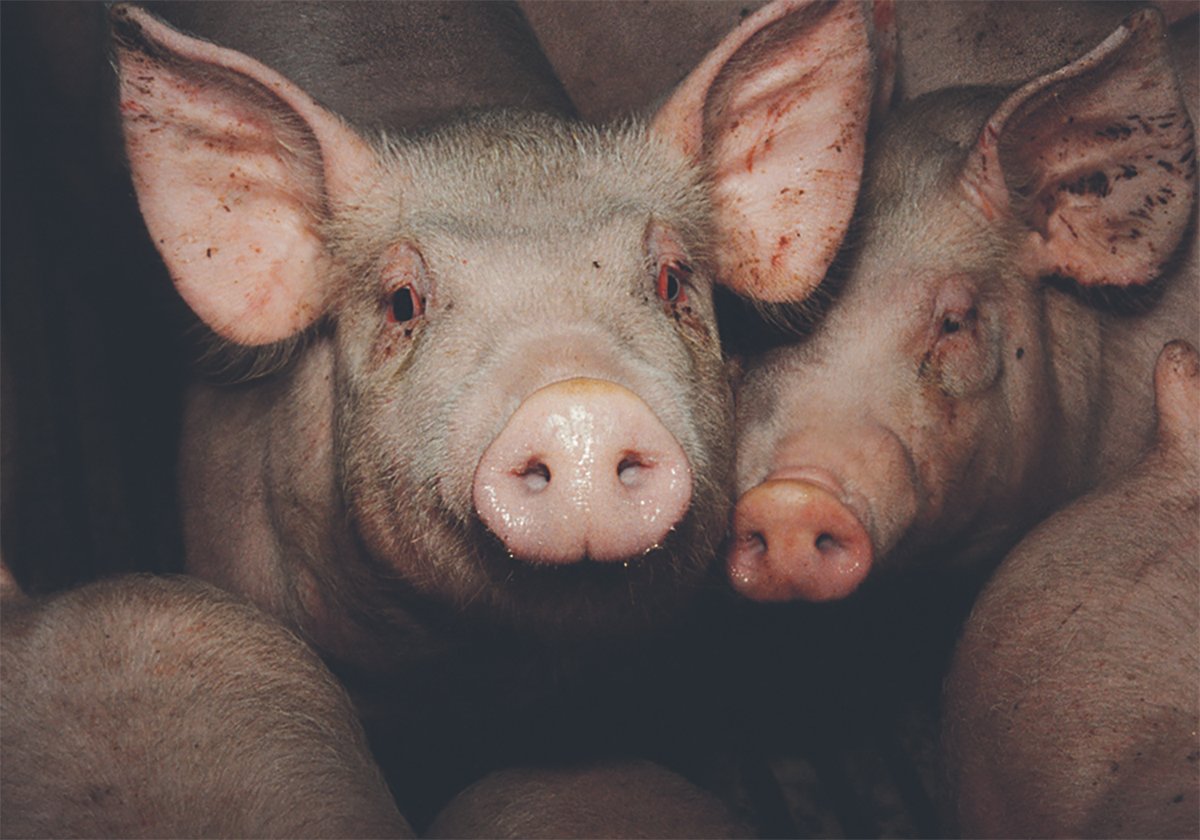EDMONTON — The ongoing debate over checkoffs to fund Alberta Beef Producers continues.
Regulations within the marketing of agricultural products act are being amended to allow producer groups to decide on funding models and whether service charges should be non-refundable.
“These amendments are the first step to a non-refundable service charge,” Alberta Beef Producers chair Bob Lowe said during the organization’s spring meeting in Edmonton June 13.
However, Agriculture Minister Oneil Carlier has told producers no changes can be made unless all the players are in agreement.
Read Also

The Western Producer Livestock Report – October 30, 2025
Western Producer Livestock Report for October 30, 2025. See U.S. & Canadian hog prices, Canadian bison & lamb market data and sales insights.
Beef groups have been talking to find an acceptable proposal to fund research and beef promotion through something like a beef industry development fund. It is possible to vote once an acceptable proposal is found, but there are no hard and fast rules on how a producer plebiscite would work, said Lowe.
“There will be no return to a non-refundable checkoff without a plebiscite, and in order to have a plebiscite we would have to come together with the other industry organizations,” said Lowe, who favours more industry collaboration. “What we have been doing for the last eight or nine years has not been working.”
The organization now collects $3 every time an animal is sold in Alberta. That brings in about $10 million, of which about one-third is remitted to the national checkoff agency.
Another $2.5 million is returned to producers who requested a refund, leaving ABP with about $5 million.
Alberta Cattle Feeders Association president Martin Zuidhoff said a number of proposals have been put on the table.
Most of the refund requests come from feedlots, and many pocket the money, he added.
Talks continue among executives and board members from both organizations with a common goal to build a stronger beef industry.
“The cattle feeders want to continue building on the Alberta advantage and encourage the younger generation and strengthen the industry,” he said. “We feel strongly about working together.”
He pointed out it is possible for agriculture groups to collaborate when necessary. The Agriculture Coalition comprises 29 commodity groups that united to show their displeasure over government legislation to develop new farm safety laws. That coalition continues to meet.
“It is not as divisive as it appears,” Zuidhoff said.















